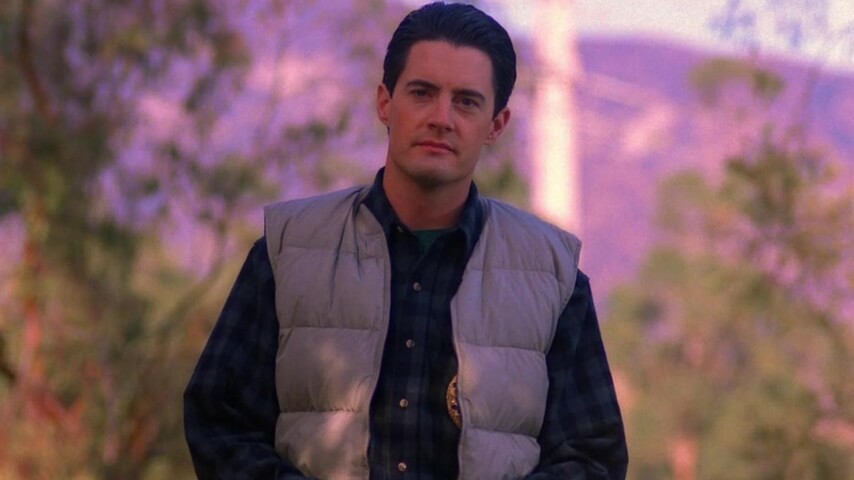Twin Peaks recap: season 2, episodes 1 and 2
This TV Club Classic delves into "May The Giant Be With You" and "Coma."
Photo: ABC
Episode 1
And now we plunge into season two. On the making-of doc included with the “Gold Box” set, Kimmy Robertson (Lucy) refers to it as pretty much sucking and remembers that she stopped watching after a while. Maybe it does start pretty much sucking. I watched the show religiously when it first aired but memory gets hazy after a certain point. (There’s a beauty contest right?) At any rate, I don’t think we’re to the point of pretty much sucking quite yet. There are some moments in these first episodes back that are as strong as anything in the first season. But right from the beginning it feels a little off. Even though David Lynch directs the double-length second-season premiere, it lacks the sustained intensity of the first season episodes.
That’s at least partly by design. After capping an hour of cliffhangers with the shooting of Agent Cooper in the first-season finale, we open on a scene of a bloody Coop flat on his back and being served by a decrepit room service waiter (whom Albert will later memorably call “Senor Drool Cup” in the next episode). After getting frustrated with his inability to convey his distress, Cooper naturally makes sure a gratuity is included on the bill. Then it’s off to another hallucination/dream sequence/visit from the spirit world (it’s all the same, really) with the arrival of The Giant (Carel Struycken, who also played Lurch in the Addams Family movies and who’s pretty much the go-to guy to play really tall characters.) The Giant will be a major player in things to come, so it’s good that Struycken pretty much nails the character. He’s kindly, insistent, creepy, and caring.
I know it has its detractors, but I kind of love this scene. It’s perversely unsatisfying, and the string of riddles The Giant leaves pretty much assures that we won’t be getting any answers soon. But that’s why I think it works. This isn’t supposed to be a series dependent on instant gratification, though I’m pretty sure that curious viewers tuning in for the big payoff thought otherwise.
It’s when we get to One-Eyed Jacks that I think we hit the first speed bump. Blackie’s a junkie and Horne’s her dealer? Since when? Did we miss an episode? Also incongruous, and never really explained: Donna’s one episode transformation into a bad-girl. It’s almost as if Laura’s old sunglasses possessed her somehow. And, boy, does badness not fit her. Revisiting this show I’ve been really impressed with Lara Flynn Boyle’s performance as Donna. She has a quintessential girl-next-door quality that she’s pretty much abandoned in subsequent years. Her scenes here, especially her moment with James in jail, foreshadows every unpleasant tough-bitch performance she’d later give. The terrible dialogue doesn’t help. When James asks her about her smoking:
Donna: Helps relieve tension.
James: When did you get so tense?
Donna: When I started smoking.
